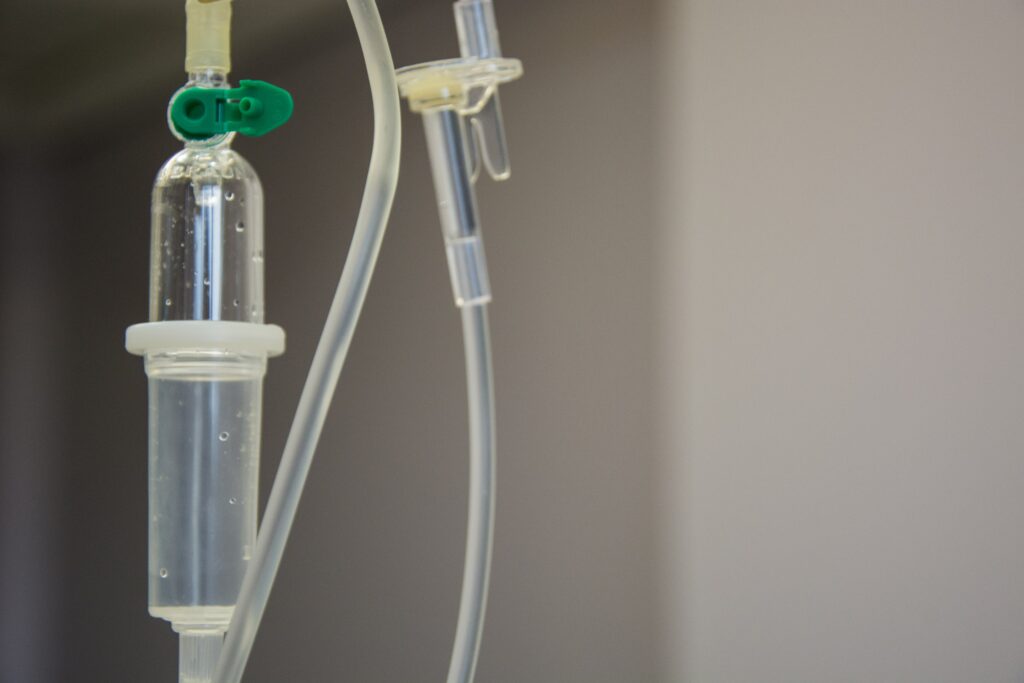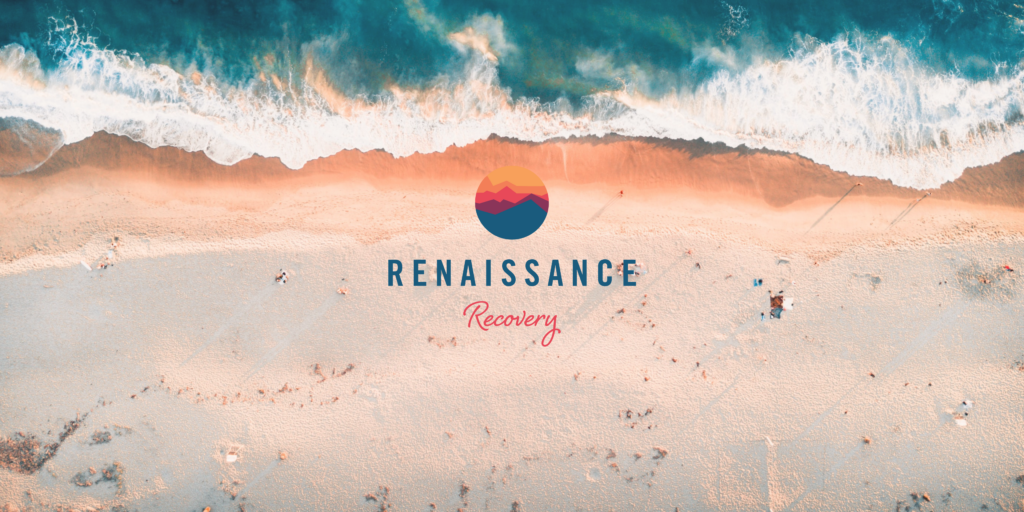“How long does it take to sober up after drinking?” is a question with no universal answer. The rate of elimination for alcohol differs from person to person, although an average adult liver processes one standard alcohol drink per hour.
Many people want to know how long it takes to sober up with alcoholism on the rise in the United States:
- A nationwide survey from APA (American Psychological Association) indicates that 25% of U.S. adults reported increased alcohol consumption in 2021 to manage stress triggered by the pandemic.
- The latest data from SAMHSA’s National Survey on Drug Use and Health – NSDUH 2021 – shows that 29.5 million U.S. adults met the DSM criteria for alcohol use disorder in 2021.
- A study funded by NIAAA (National Institute on Alcohol Abuse and Alcoholism) found that nationwide alcohol consumption increased by 39% in 2020. Binge drinking increased by 30% in the same period.
This guide details the length of time it takes to sober up and shows you how to engage with treatment for alcohol abuse in any form.
How Long Does It Take for Alcohol’s Effects to Wear Off?
Many variables impact the rate at which alcohol is processed. How quickly your body metabolizes alcohol will determine how long it takes for you to become intoxicated and how long it takes for you to sober up.
The average adult who consumes alcohol will feel the effects for roughly 12 hours. As BAC (blood alcohol concentration) levels rise, the person becomes drunk. When BAC levels fall, drunkenness transitions into a hangover.
The following factors influence how long alcohol lingers in your system:
- Age
- Body mass
- Liver health
- Stomach content when drinking
- Medications being used
- Rate at which alcohol was consumed
- Quantity of alcohol consumed

What is Blood Alcohol Concentration?
BAC (blood alcohol concentration) is a universally accepted metric for measuring the amount of alcohol in the bloodstream.
According to CDC (Centers for Disease Control and Prevention), the liver processes one standard drink per hour. A standard drink contains 6oz of pure alcohol. Common examples include:
- 12oz beer (5% alcohol content)
- 5oz wine (12% alcohol content)
- 1.5oz distilled spirits (40% alcohol content)
BAC levels are not only determined by the amount of alcohol, though. As outlined, gender, weight, patterns of drinking, and genetics can also impact how long it takes to sober up after drinking.
Adverse outcomes associated with high BAC levels include:
- Blurred vision
- Slurred speech
- Dulled reflexes
- Slowed reaction times
- Memory lapses
- Memory loss
- Blackouts
- Nausea
- Vomiting
- Impaired physical coordination
- Changes to heartbeat and breathing
- Raised blood pressure
- Losing consciousness
How Long Does It Take to Sober up from Alcohol?
Regardless of the factors that affect blood alcohol concentration levels and how long it takes someone to sober up, most adults will only be mildly impaired when BAC levels are below 0.08. For this reason, 0.08 is the legal limit for drinking and driving in most U.S. states.
That said, once BAC levels reach 0.08, you are considered to be intoxicated from a legal standpoint. Habitual drinkers may not feel the effects of alcohol at this level, but they will still be mildly alcohol-impaired in the same way as someone who complies with moderate drinking guidelines.
Here is what to expect as BAC levels rise:
- 0.10 to 0.12 BAC: Expect significant impairments to judgment and motor coordination. At these BAC levels, most people will be noticeably intoxicated.
- 0.13 to 0.20 BAC: Motor control will be completely impaired at BAC levels from 0.13 to 0.20. Vision and balance will also be sloppy.
- 0.25 to 0.30 BAC: At these BAC levels, a person will be severely intoxicated. Common side effects include nausea, vomiting, and mental confusion. If blood alcohol concentration levels continue to rise, complications can include coma and death.
Despite differing personal experiences of intoxication, there are some constants when blood alcohol concentration is too high. These include:
- Drowsiness
- Dizziness
- Fatigue
- Impaired cognitive functioning
- Headaches
- Nausea
- Stomach ache
- General malaise
- Extreme thirst
- Racing heart
- Jitteriness
- Sweating
- Tremors
If you have been drinking habitually and long-term, you may be physically dependent on alcohol. Those dependent on alcohol will experience intensely uncomfortable withdrawal symptoms after the initial hangover phase passes.
How long does it take someone to sober up, then?
Determining the Time You Need to Sober Up
The body metabolizes between half and one standard drink per hour, depending on the many variables outlined above.
If you consume one bottle of beer, alcohol will leave your body in one to two hours. The rate of elimination remains constant, so if you consumed eight beers in a three-hour period, it would take you 13 hours to sober up.
How long it takes to sober up hinges on how long the body takes to metabolize alcohol. Most people can expect to feel normal within a few hours, according to the amount of alcohol consumed.
How Long Will Alcohol Stay in the System?
Alcohol is detectable in the system for varying lengths of time, depending on the test used for screening.
- Urine test: Alcohol is detectable in urine for up to 24 hours.
- Saliva test: Alcohol is detectable in saliva for up to 48 hours.
- Blood test: Alcohol is detectable in blood for up to 90 days.
- Hair test: Alcohol is detectable in hair for up to 90 days.
For those with alcohol use disorder, sobering up involves more than just sleeping off a hangover. If you require assistance addressing abusive patterns of alcohol consumption, we can help you at Renaissance Recovery Center in Southern California.

Alcohol Addiction Treatment at Renaissance Recovery in Huntington Beach
If you have been abusing alcohol and you want to make positive behavioral changes, we can help you achieve this at Renaissance Recovery Center in Orange County.
We can connect you with medical detox centers throughout southern California. If you are at risk of severe alcohol withdrawal, a supervised clinical detox helps reduce the severity of cravings and withdrawal symptoms.
Choose the most appropriate treatment intensity for your needs when you transition from detox into ongoing treatment for alcohol use disorder. Renaissance programs include:
- PHPs (partial hospitalization programs)
- IOPs (intensive outpatient programs)
- Dual diagnosis treatment programs (for co-occurring disorders)
- Virtual IOPs (remote rehab programs)
All treatment programs offer personalized alcohol addiction treatment that combines holistic and science-backed therapies that may include:
- Medication-assisted treatment
- Psychotherapy (talk therapy)
- Group therapy
- Family therapy
- Individual counseling
- Holistic therapies
Alcoholism is a chronic condition with high relapse rates, so your treatment team will ensure that you leave our Huntington Beach treatment facility equipped with a solid aftercare plan, and access to our alumni program.
For immediate assistance, call admissions at 866.330.9449.









